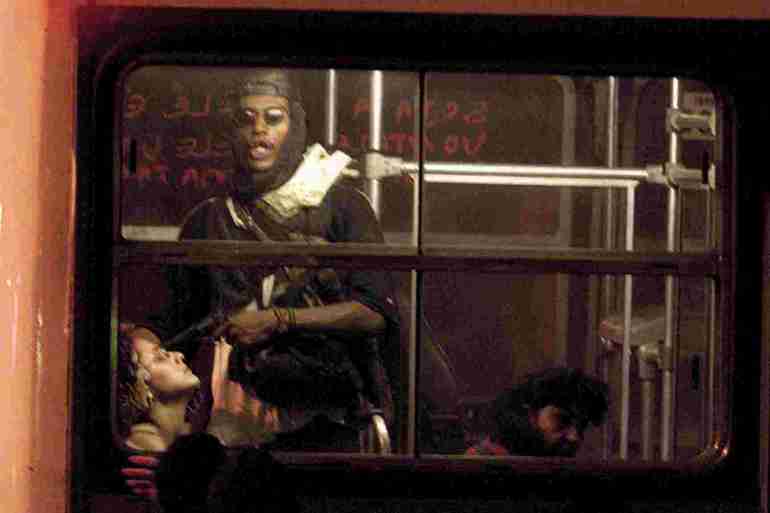[3.5]
Interesting, but somewhat flat depiction of a single hijacking incident in Brazil that touches on issues of poverty, class violence, child abuse, police brutality, the indifference of the masses, the power of the media. The elements are all there for a brutal, devastating documentary that gets inside of you and forces emotions and contemplation. Instead, we get lengthy segments of talking heads, and repetitive clips of the heavily filmed confrontation. What was so important and shocking about this event, is that it was captured for a wide audience and projected in real time for an entire nation to watch. The film investigates how this media component altered the nature of the standoff, such as forcing the police to use different methods in dealing with the hijacker, knowing that they were being closely scrutinized, and empowering the hijacker, for he suddenly had a platform to make his presence known to the world and, in a way, the media was his “safety net”, as he couldn’t be beaten and killed in secret. And yet, the media circus isn’t explored enough, and the footage used isn’t edited well at all. With so many cameras and so much footage, its startling how ineffective the filmmakers are in utilizing those shots with voiceover, analysis, music, etc. I mean, perhaps the filmmakers wanted to downplay the sensationalism of the event, as I’m sure this event saturated the news in Brazil for a while, but the film overdoes it. The film clearly aims to redeem Sandro (the hijacker) as a tortured child of the slums, and explore how poverty and apathy breeds people who are forced to resort to crime in order to live. The filmmakers sympathize with Sandro, and while they don’t excuse his actions (they show how other people in his situation managed to escape from life on the streets, while Sandro couldn’t give up drugs), they present an impression of him as being as much a victim as his hostages.
The most fascinating part of the documentary are the interviews with the surviving hostages, all of whom also seem to sympathize with Sandro, reflecting how he seemed confused, possibly high, and didn’t really have any desire to hurt them. He just wanted to get away. Unfortunately, the filmmakers don’t go far enough in their interviews, as they could have explored more about how the hostages attitudes toward Sandro changed, why they changed, and how they viewed the police efforts to free them. The interviews with police officers likewise feels a bit slanted, with most of them speaking from hindsight about how the entire operation was bungled, was mismanaged by political decisions, how nobody had any training. All of which was probably true, but might have come off better if it had been balanced with statements from other witnesses who may have had a different perspective. I guess it just seems to me that an event like this would have so many varying voices, and yet the filmmakers seem to have cherry-picked the responses that fit their narrative of a corrupt and inefficient police force that is useless against the violent byproducts of the favelas. And, after all of the analysis into Sandro’s background and his victimization, only in the final moments of the film do we examine his killing of a hostage (as a result of being attacked by an officer) and Sandro’s later death at the hands of police in the back of a van. These events feel vital to the story, and yet are glossed over rather quickly in comparison to the time spent on the standoff. And while I appreciate that the filmmakers wanted to, perhaps, de-sensationalize the event, by stripping the tone of any measure of suspense or anticipation, they do the film a disservice. I knew that the hostages lived (because they were being interviewed), but the editing and construction of these sequences could and should have presented the uncertainty that everyone must have felt at the time. I certainly think the events of the film are fascinating and serve as an eloquent framework for the filmmaker’s social commentary, but I wish everything could have been presented in a better-constructed package.


